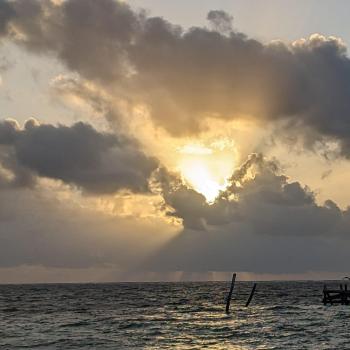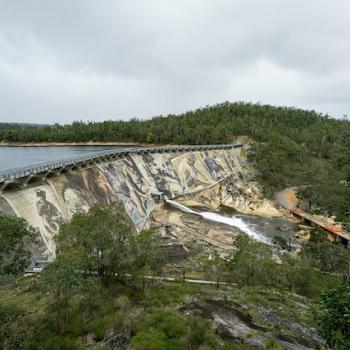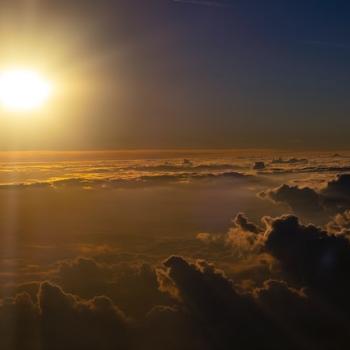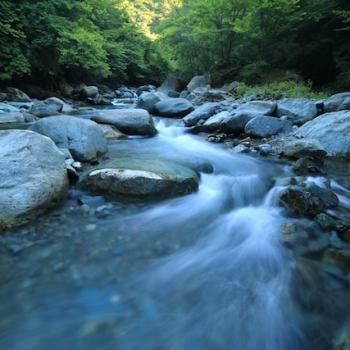Read Mark’s weekly reflections on The Huffington Post.
The great Jewish philosopher, Abraham Heschel said, “We will not perish for want of information; but only for want of appreciation… What we lack is not a will to believe but a will to wonder…” Wonder is the feeling that overcomes us when we enter life and not just watch it. Here is a reflection about wonder.
Nature never did betray the heart that loved her.
—William Wordsworth
Let me share three stories about wonder. First, there was a little boy, no more than five, who lived in a cottage near the sea, and when he slept, night after night, the roll and rush of the sea kept washing over his head. The boy grew up to be the pianist Michael Jones whose music always sounds like the sea. Michael says, “I carry a sense of playing and being played.” When asked, the pianist with the sea in his head says, “We have two glorious tasks: to be a good steward of the gift we are given and to wait upon that gift. This calls for deep and constant listening, the way a wave listens to the deep.”
The second story comes from my dear friend Megan Scribner, who grew up in the Northwest, in Walla Walla, Washington, which bears the name of the Native American tribe indigenous to that region. That part of the country is laced with a network of underground springs which surface into a system of fresh rivers. This deep presence of water, connecting everything below the surface, affects the way of life in this region. The name Walla Walla, which means place of many waters, is a reminder of this unseen connection. It approximates the sound that the many waters continually make if you close your eyes and squat near the rivers… walla walla walla walla walla walla walla walla… In naming things this way, the tribe and town bear the ethic of wonder, which is that things worth honoring are named twice. The Kooskooskie River is another example. The word koos means water and its repetition implies an emphasis on very clear water. In Idaho, this river is known today as the Clearwater River.
Simply and profoundly, things that matter are repeated as a way to bring our full attention to them, as a way to meet them. Such naming through listening is the beginning of prayer.
The third story comes from my friend Allan Lokos, who has devoted years to playing the Native American flute. There are many versions of the flute’s origin, which essentially go like this: All the creatures had found their song, but the human song was missing. So the Great Spirit spoke to his friends. In time, a tree branch was hollowed by the long spirit, erosion, and holes were pecked in it by the small spirit, woodpecker. Then the big spirit, weather, caused the hollowed, pecked branch to drop in the path of humans. A young man came along and while holding the branch, a bird flew overhead and offered its call. In that moment, the young man thought the birdsong came from the hollowed branch. When he realized what was happening, he closed his eyes and, breathing across the holes, prayed for the birdsong to return. To his surprise, he birthed a song of his own. In this way, the long spirit, the small spirit, and the big spirit caused humans to discover their song.
The ethic of wonder is how we listen to the Earth: waiting for the gift until things that matter repeat themselves through our love, until we kiss the hollowed things put in our way. All this leads us to our song.
A Question to Walk With: What is your first memory of wonder? Tell this story. How do you feel recounting this?












